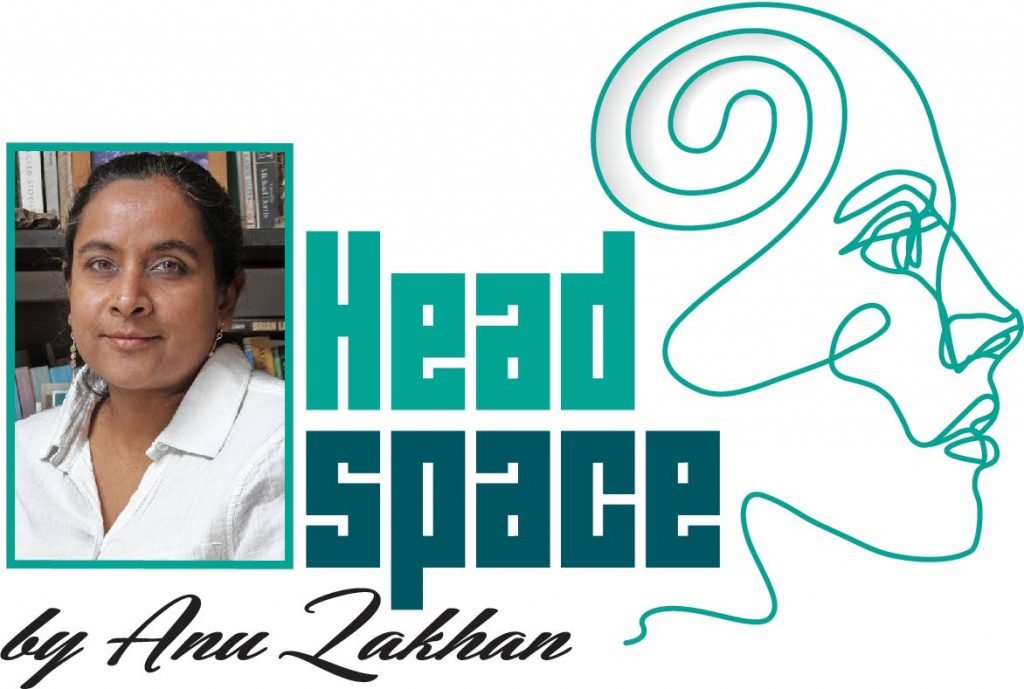The wounds that stay open

Let us say you are walking home, minding your own business. It is an overcast day and you can hear cricket commentary coming from a loud TV nearby. Then, suddenly, you are struck by a shoe. It hits you smack in the face. You are bleeding from the shoe missile and stumbling. No one has ever lobbed a shoe at you before.
Now, you avoid that street, never leave the house on overcast days, and no longer have any patience with cricket. You only wear rubber flip flops.
This is a hyper-simplified notion of how PTSD (post-traumatic stress disorder) might develop in a person.
Complex PTSD (or cPTSD) involves having those shoes thrown at you repeatedly and over a period of time. It is not an isolated incident. Over time, you may feel ashamed of what you are enduring, or guilt, as if you were somehow to blame for this sustained assault.
War veterans, survivors of car accidents, witnesses to violence even if it is not targeted at them, sexual abuse survivors – they were not hit by shoes.
Prisoners of war, people exposed to protracted abuse in relationships (both young and mature), the incarcerated, kidnap victims, trafficked humans – they were not sitting in quiet rooms, knowing that the worst thing that would happen to them that day was going to be a flung shoe.
The difference between PTSD and cPTSD manages to be simultaneously slippery and solid; so much so that the debate as to whether it is necessary to have a whole discrete category for cPTSD continues.
PTSD and cPTSD are often accompanied by other anxiety disorders, which makes this already hard-to-hold problem even more elusive for certain identification and treatment.
Other forms of anxiety, including generalised anxiety disorder (GAD), may attach themselves to assorted issues over time. With PTSD and cPTSD the focus tends to be fixed on the specific traumatic event.
In both instances victims are likely to avoid places and things that remind them of the incident or the duration of their suffering. They are easily startled. They relive the trauma through flashbacks and unwanted, intrusive memories.
In the case of the latter two symptoms, it’s not hard to see how the ye olde shell-shocked soldier image monopolised the landscape for so long.
In the case of cPTSD, think of water torture. Slow drip by slow drip, not knowing if it will ever end. CPTSD erodes something in the victim – something that should allow them to know that they are being hurt and it’s not their fault.
CPTSD sufferers may also become withdrawn, develop feelings of worthlessness and have trouble functioning in previously normal or healthy relationships.
In both forms, you can develop symptoms after learning that someone you love has been the victim of violence or suffering.
You are not considered a candidate for these diagnoses if you listen to a lot of horrible stories on the news or read about terrible incidents that have happened to those unknown to you.
I sense a troubling “why?” in that setup. The news reports, on a good day, are full of gruesome, terrifying, fear-inspiring stories. These things happen to real people. Empathy any?
But that is a patio conversation. I can talk to my friends about why we aren’t all more dramatically affected by what we hear of the world, but it stays with us. We are not undertaking the clinical research to validate what we discuss.
Covid19 is going to change a lot about what can and cannot leave us in a traumatised state. We’ll see.
Once there was a world, and world of thinking, in which I could look at the statistics for PTSD and be horrified and pained by the numbers of sufferers.
Now I am stunned by the strength of the human mind and spirit that allows so many people to survive their lives without falling victim to PTSD or cPTSD. Not all soldiers who have seen active combat get it. Not all rape survivors either. Even people who have been victims of human trafficking or modern slavery do not necessarily fall prey.
“Resilience” is a neat, ordinary word. To find it as the reason so many people survive bad things and manage to go on is extraordinary. Having strong social and family support is good for surviving. So too having a robust sense of self and perseverance.
I don’t know if the world is getting harder to survive. I do know it’s closer than it’s ever been and we can’t keep it away from us.
Resilience wanted: apply within.


Comments
"The wounds that stay open"